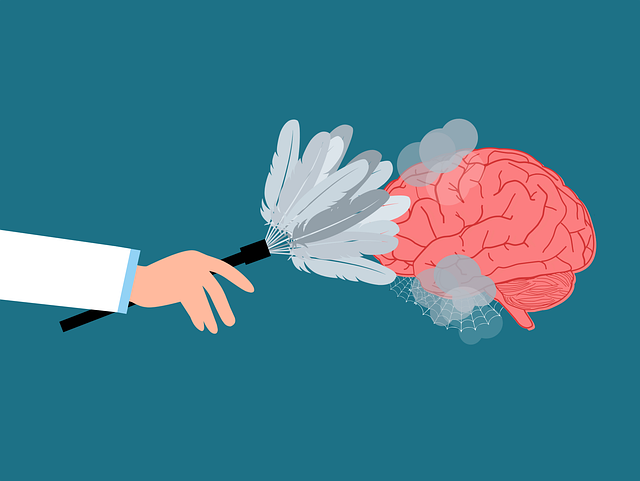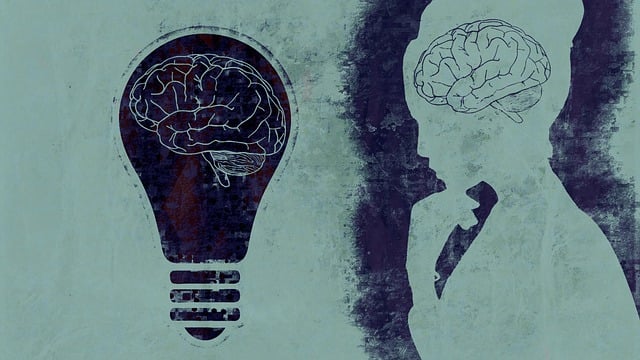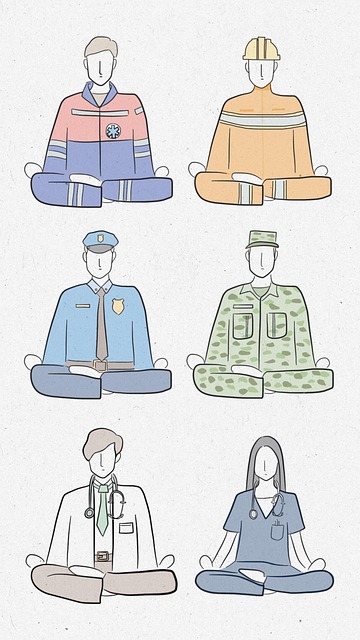Mental wellness is crucial for children's growth, requiring tailored support like therapy for children Hebrew speaking environments. Integrating mindfulness and creative therapies helps develop healthy coping strategies. Personalized self-care routines consider individual needs, cultural background, and challenges. Community outreach programs offer specialized therapy, journaling, and art therapy to promote emotional well-being. Building a robust support network reduces stigma and empowers mental wellness for all Hebrew-speaking children.
“Unwind, rejuvenate, and embark on a transformative journey towards mental wellness with this comprehensive guide. We delve into the intricate world of children’s emotional well-being, highlighting the significance of early intervention through tailored self-care routines. From understanding mental health in young minds to creative stress management techniques, this article offers valuable insights for parents and caregivers seeking effective therapy for children Hebrew speaking communities. Discover how daily practices, mindfulness, and supportive networks can foster resilience and nurturing minds.”
- Understanding Mental Wellness and Its Importance in Children
- Identifying Individual Needs: A Personalized Approach to Self-Care
- Incorporating Daily Practices for Emotional Wellbeing
- Creative Strategies for Stress Relief and Mindfulness
- Building a Supportive Network: The Role of Family and Community
Understanding Mental Wellness and Its Importance in Children

Mental wellness is a fundamental aspect of a child’s overall development and well-being. Recognizing its importance is crucial as it lays the foundation for their future emotional health and resilience. Children, just like adults, experience a wide range of emotions and can face various challenges that impact their mental state. These may include academic pressures, peer relationships, family dynamics, or even traumatic events.
Promoting mental wellness in children involves integrating self-care practices such as mindfulness meditation into their daily routines. This can help them develop coping mechanisms to manage stress and anxiety effectively. Additionally, community outreach program implementation plays a vital role in creating supportive environments where Hebrew-speaking families can access therapy for children tailored to their cultural needs. Such initiatives ensure that kids receive the necessary support to thrive both mentally and emotionally.
Identifying Individual Needs: A Personalized Approach to Self-Care

Identifying Individual Needs is a pivotal step in crafting a meaningful self-care routine. Every person’s journey to mental wellness is unique, shaped by their personal experiences, cultural background, and specific challenges. For instance, a child navigating anxiety might benefit from creative expression therapies, while an adult dealing with chronic stress may find solace in mindfulness practices. Hebrew-speaking communities can further tailor these approaches by incorporating culturally relevant activities and support systems.
This personalized approach to self-care goes beyond general recommendations. It involves recognizing one’s triggers, passions, and emotional needs. By understanding these individual factors, people can choose Stress Reduction Methods that truly resonate with them, fostering a sense of calm and positivity. Public Awareness Campaigns Development within these communities can also play a crucial role in normalizing conversations about mental health, encouraging the adoption of healthy self-care habits, and promoting Positive Thinking as a cornerstone of overall well-being.
Incorporating Daily Practices for Emotional Wellbeing

Incorporating daily practices for emotional wellbeing is a cornerstone of cultivating a robust mental wellness self-care routine. For children speaking Hebrew, engaging in activities that promote emotional awareness and healthy coping mechanisms can be particularly impactful. Simple yet effective strategies include journaling, where they can express their thoughts and feelings, and mindfulness exercises, which help them stay grounded in the present moment. These practices not only serve as therapeutic outlets but also teach valuable skills for managing stress and anxiety.
Community outreach program implementation plays a significant role here by providing resources tailored to Hebrew-speaking families. Such programs often offer therapy for children, focusing on mood management and anxiety relief through specialized approaches that resonate with cultural nuances. By integrating these initiatives into their self-care routines, parents can foster an environment where emotional health is prioritized and nurtured, ensuring their children grow up with resilient coping strategies.
Creative Strategies for Stress Relief and Mindfulness

Incorporating creative strategies for stress relief and mindfulness is a powerful tool for mental wellness, especially within Hebrew-speaking communities where cultural sensitivity in mental healthcare practice is paramount. Art therapy, for instance, offers a unique avenue for children to express their emotions and navigate stressful situations through artistic means. This approach not only enhances emotional well-being promotion techniques but also fosters creativity and self-discovery. Additionally, mindfulness practices such as guided meditation or yoga can be tailored to suit diverse cultural backgrounds, making them accessible and relevant to all.
Compassion cultivation practices, deeply rooted in ancient wisdom, are another effective method for stress mitigation. Encouraging individuals to cultivate empathy and understanding towards themselves and others can significantly reduce symptoms of anxiety and depression. These techniques resonate particularly well within communities that value interconnectedness and shared experiences, allowing for a collective approach to mental health support, including therapy for children speaking Hebrew.
Building a Supportive Network: The Role of Family and Community

Building a strong support network is an integral part of cultivating mental wellness. Family and community play significant roles in providing emotional backing and fostering resilience. For children, especially those speaking Hebrew, therapy sessions with professionals specializing in their linguistic and cultural context can be immensely beneficial. These therapeutic environments offer safe spaces to express emotions, process experiences, and develop healthy coping mechanisms.
Community initiatives and public awareness campaigns focused on mental health can further enhance this support system. By raising awareness about burnout prevention and Mind Over Matter principles, communities can encourage open conversations about mental wellness. This collective effort not only reduces the stigma surrounding therapy for children but also equips individuals with tools to maintain their psychological well-being, ensuring a more resilient and supportive network for everyone involved.
Developing a mental wellness self-care routine is an empowering journey, especially when tailored to each child’s unique needs. By combining daily practices, creative stress relief techniques, and a robust support network, parents and caregivers can significantly enhance their children’s emotional well-being. Encouraging open conversations about mental health and seeking specialized therapy for children speaking Hebrew can create a nurturing environment, fostering resilience and overall mental wellness. This holistic approach ensures that kids develop healthy coping mechanisms, enabling them to navigate life’s challenges with strength and adaptability.









